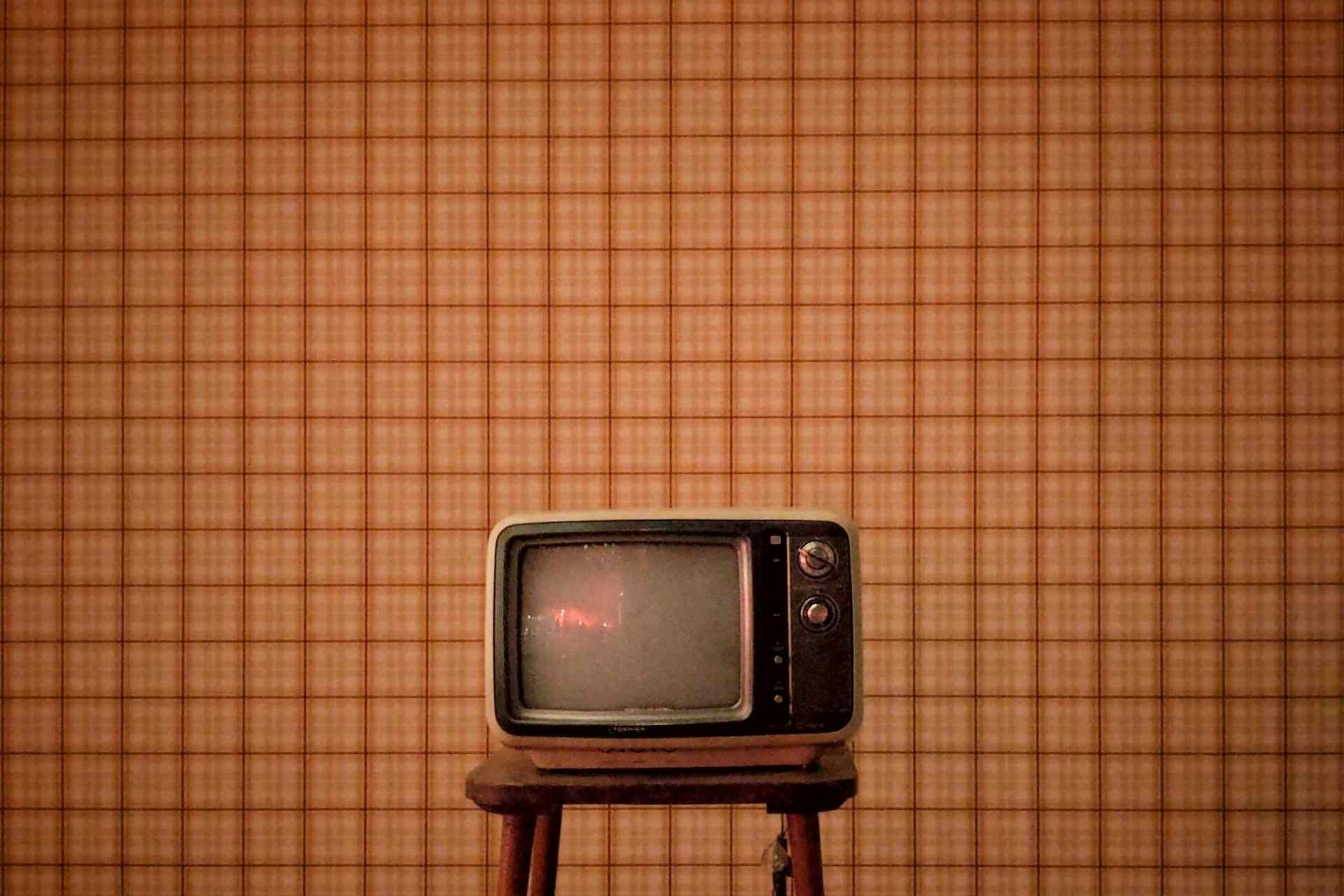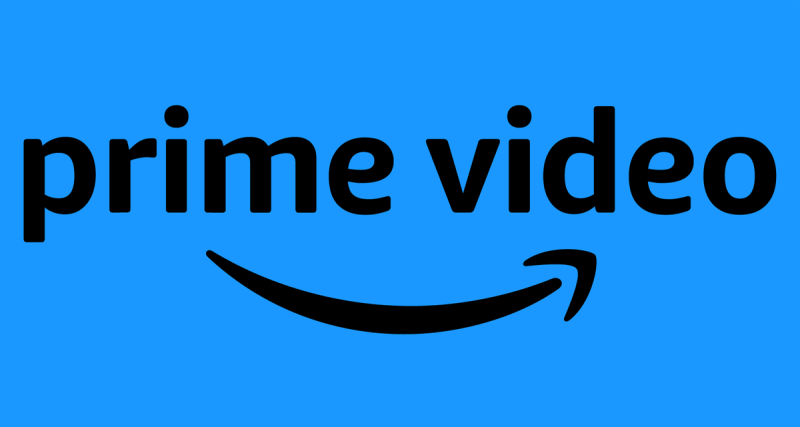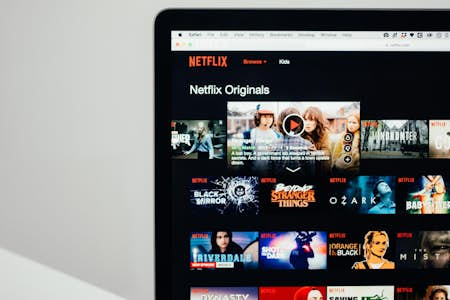Looking ahead to the release of No Time To Die in just a few months’ time, I recently sat down to rewatch the much-loved Skyfall. I was shocked, ever so slightly, by how much it took me by surprise. Normally, rewatching a film you know you like is a comforting trudge through old, well-known territory. This was a refreshing reminder that old dogs can learn new tricks.
Stay up to date with all your favourite shows - and know what your kids and grandkids are talking about - by taking out a subscription to a leading streaming service. Click a provider below to get started.
When Bond “rebooted” with Daniel Craig and Casino Royale in the mid-2000s, it set out to challenge the status quo. No more drunken hip-firing, no more Nik Nak, no more giant space lasers. Instead, it looked to the Bourne trilogy for inspiration - seeking to become a modern spy franchise that would enthrall younger viewers while satisfying the old.
In this regard, 2006’s Casino Royale was a success. Quantum of Solace, which followed in 2008, was not. Criticised for its violence and for moving even further from the comforts of classic Bond, audiences found it dry, confusing, and often not that enjoyable. It was also a direct sequel - the first attempt in 22 entries in the franchise across some 45 years.
Thankfully, this was rectified with the release of Skyfall in 2012. Sam Mendes’ first of two directorial outings in the Bond franchise, it captured everything that made Casino Royale while building on it and evolving in the right direction.
It starts, like so many other things do, with the right people. With an Academy Award to his name and a stacked back catalogue, Sam Mendes was arguably the highest-profile director to direct a Bond film since the reboot. Sir Roger Deakins was picked to handle the cinematography alongside him, while Oscar-winning Javier Bardem as the villain was a statement after choosing French character actor Mathieu Amalric for Quantum.
As a result, we have a beautiful, well-constructed piece of cinema chock full of acting talent. But Skyfall succeeds where Quantum didn’t for one thing above all else: its writing.
Moving onto a direct sequel was an unusual move, but the film’s gritty, unrealistic, and at times nonsensical narrative was the final nail in the coffin. In contrast, Skyfall’s plot breathes some colour back into Bond: alongside a neat and none-too-convoluted plot, we have the return of our quips, snipes, and one-liners.
This gives the film a sense of humour. It also restores some of Quantum’s lost “Britishness”, as does Skyfall’s beautiful settings across the isles, from the Highlands to SW1. Cultural identity is important for Bond as a franchise, and though it’s important that it changes too, the absence of it in the second of the Craig films was perhaps its biggest misstep.
It’s this Britishness which paves the way for perhaps the best of all: looking at Skyfall as commentary. Bond films have always been about the “crimes of the day” through the past, from cyberterrorism to the Red Scare. Few have been more subtle than that in their analysis of the modern world, however, and this is where Skyfall flourishes. It is a remark on the British Empire, the struggle for redemption as the UK seeks to recognise its history and move forward acknowledging it.
Image Credit: Ajeet Mestry at Unsplash









